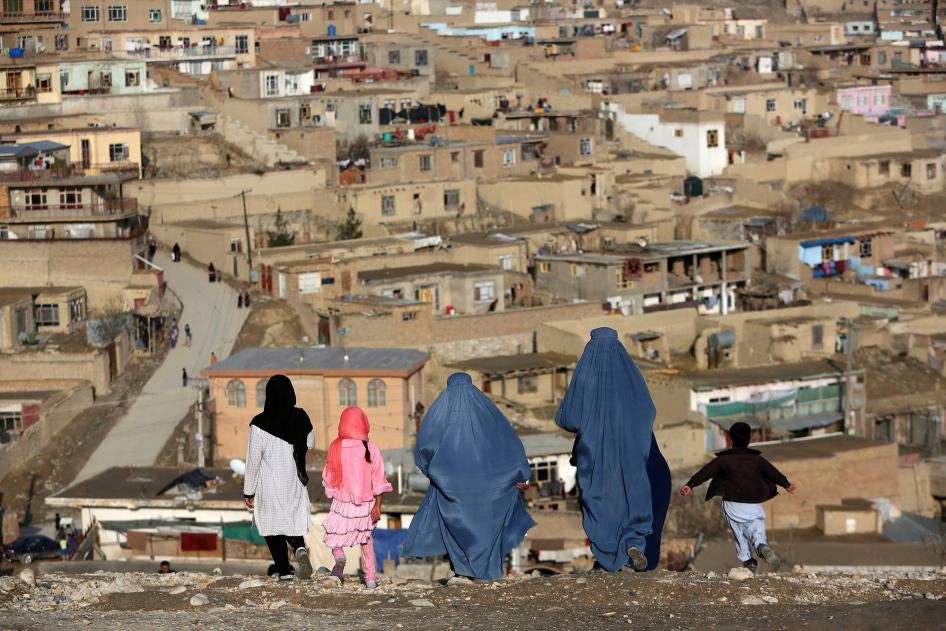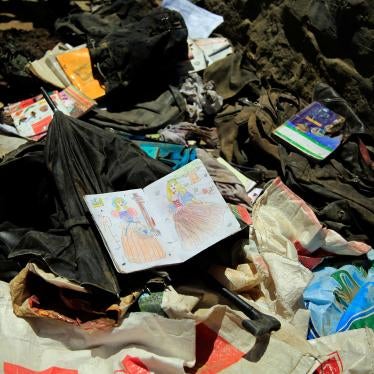Donor countries to Afghanistan say they want to keep protecting the human rights of women and girls, even as international troops prepare to depart the country. But a bill introduced in the United States Senate last week raises tricky issues about how requiring the Afghan government to respect rights could potentially lead to cuts in funding for essential services for women and girls.
The bipartisan Protect Women’s and Girls’ Rights in Afghanistan Act would require the US Secretary of State to report twice yearly to Congress on the rights of women and girls in Afghanistan. It would continue US support to “preserve the rights” of Afghan women but warns that the US will “refuse to provide economic aid to an Afghan government” that violates these rights.
The bill follows a November 2020 joint statement by Afghanistan’s main donors, including the US, that laid out the “key elements” that would be taken into account when considering whether to continue their current development and budgetary support to the country. Among those elements was respect for women’s rights.
Efforts to hold this and any future Afghan government to account are vital. The Afghan government has a poor track record on women’s rights, including failing to investigate and provide accountability for violence against women. The Taliban, which controls large parts of the country and could gain a role in the government through a peace deal or military success, retains many of their deeply abusive pre-2001 policies toward women and girls.
But donors should consider how they can respond to government abuses without harming women and girls by cutting essential services. Over 75 percent of the Afghan government’s budget comes from international donors. Cuts in donor funding to Afghanistan have already damaged women’s access to health care and could imperil girls’ access to education.
With the withdrawal of international troops, donor countries may be eager to cut their support to Afghanistan; punishing the government for rights violations could be a convenient excuse. But defunding the government should not mean defunding services. Nongovernmental organizations in Afghanistan have proved they can deliver vital services despite the country’s escalating insecurity, so long as they have sufficient resources. Countries pulling troops from Afghanistan should make it clear that they will continue to support – and fund – Afghan women and girls, whether or not they can work with the Afghan government.










